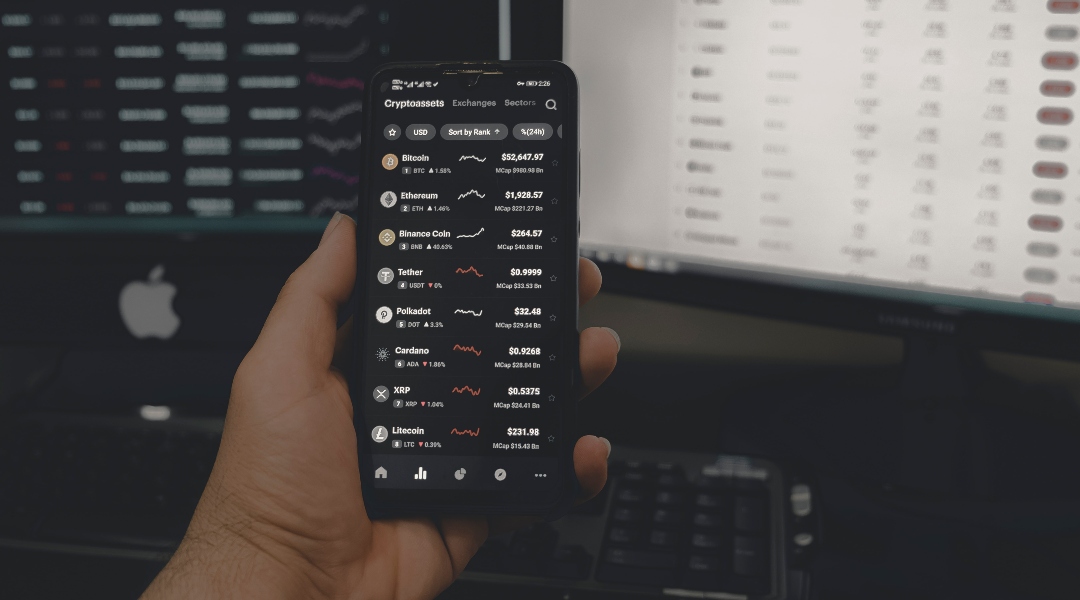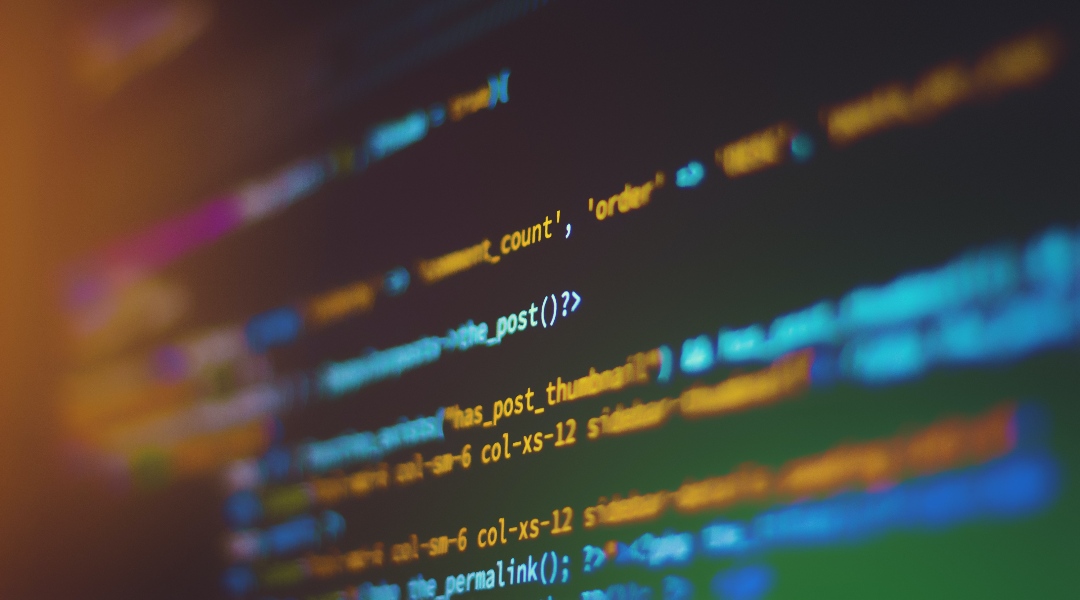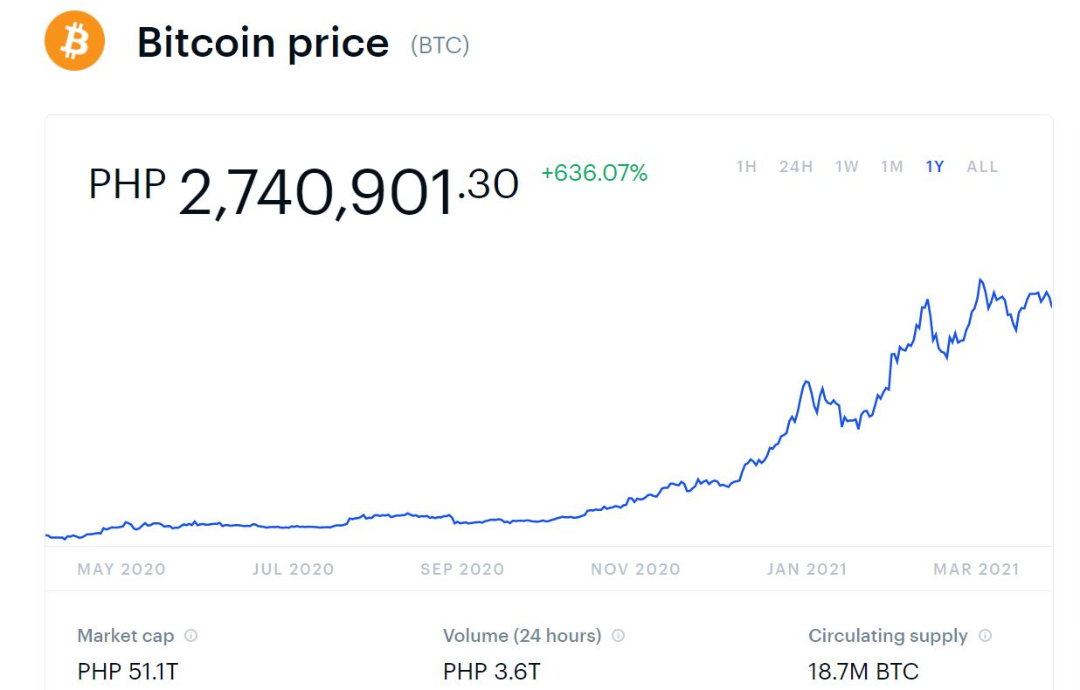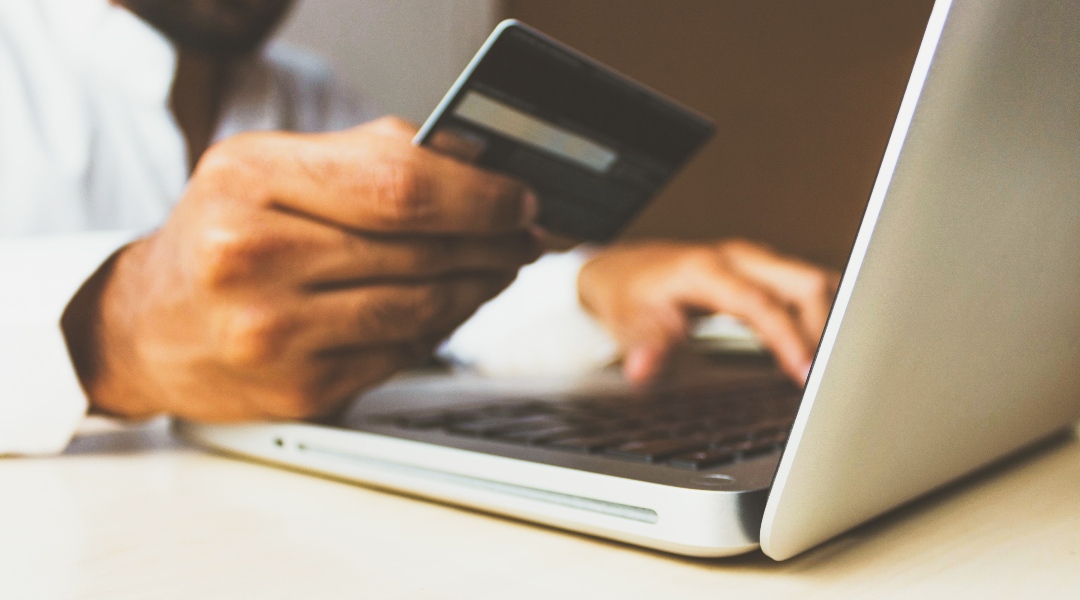As digital transactions over the pandemic increased, so did interest in bitcoin. But many are still wary of its complexities.
Last February, auto giant Tesla made headlines when its CEO Elon Musk invested $1.5 billion in bitcoin, and announced it will be accepted as payment for their products. On the side of cryptocurrency exchanges, Ripple Labs Inc. got sued by the U.S. Securities and Exchange Commission for selling digital assets called XRP as unregistered securities to investors. Billions of XRP, currently the world’s third most popular cryptocurrency, were also allegedly exchanged for labor.
It’s been more than 10 years since Bitcoin was introduced to the world, but many still are wary or do not have a full grasp of it. What is it and how exactly does it work? Is it the same as buying stocks?
While its open-sourced nature makes it volatile, the rise in its value throughout the years seems like an invitation for more people to invest. Is it even worth the risk?

Virtual transactions
“Bitcoin is a public ledger,” says Harry Santos, a cryptocurrency enthusiast since 2013. At present, it is still a store of value where a user has a ‘digital wallet’ on a mobile app. This allows sending of and receiving bitcoins from other users. A public list, called a blockchain, records every transaction. This is anonymous unless you purposely reveal your identity.
To access the digital wallet, a user needs a unique private key. It typically takes the form of a series of alphanumeric characters.
“Having your private keys means you have [access to] your coins. In fact, you don’t need a wallet, you can write it down on paper,” Santos says. He suggests opting for a custodial wallet as it allows you to recover your password in case you lose it. Coins.ph, a well-known e-wallet app in the country, offers this service.
In some platforms, however, “usually there’s little to no chance of recovering [the password,” Santos claims. “It teaches us personal responsibility.”
Apart from keeping the keys secure, he also strongly advises to only buy and sell bitcoins from registered and licensed cryptocurrency exchanges by the Bangko Sentral ng Pilipinas (BSP).
ALSO READ: What We Can All Learn From Tessa Prieto-Valdes’ Bout With An Instagram Hacker

Securing privacy
Like any other online transactions, cryptocurrency exchanges are prone to scams and even to system glitches in wallets. This is similar to stories of people’s credit cards getting hacked, sending personal data to an account with a false identity, unknowingly opening a link requesting information change, or having a guessable password.
“Don’t just give yourself to anyone. It’s the same principle,” says Santos. This applies even to pyramid or networking schemes where you are required to invite others to invest and help you grow your cryptocurrency investment as well. While there is nothing wrong with learning about these digital assets from other people, it is best to do thorough research on your own first to avoid digital vulnerabilities.

Reliant on consensus
No one owns and supervises Bitcoin. It is not controlled by any government, a bank, or any other third-party group. Anyone across the world can access and use bitcoin, solidifying its ‘decentralized’ nature.
People can only modify the system through Proof-of-Work (PoW). “It’s a consensus algorithm,” Santos clarifies. “Computers all over the world called ‘miners’ validate this ledger, meaning they confirm the transactions in this ledger. So, if at least one of the miners or one computer out there disagrees with the validity or truth in the next transaction, it will not be placed on the ledger.”
The problem lies in what Santos explains as 51 percent attack. When a person or a group of attackers gains control of 51 percent or more of the computing power, they can reverse past transactions, double-spend bitcoins, and prevent others from confirming new exchanges.
For instance, if a user buys a product for 50 bitcoins, the attacker reverses the transaction before it can be confirmed on the ledger or blockchain. As a result, the user receives both the ‘purchased’ product and the 50 bitcoins back.
“The ‘miners’ will signal if they agree to the protocol, because if not, they can fork,” continues Santos. They can create their own fork of the blockchain of the ledger, making a new cryptocurrency. “That’s how decentralized it is, [you can leave] if you have enough mining power.”

Worth your investment
Similar to buying stocks where there is no guarantee of profits, investing in bitcoin is a risk. Throughout the years, the value escalates but also fluctuates. In 2017, it shot up to $20,000 but the following year, it fell back close to $3,000.
Now with the pandemic, the market trend sees a value increase. On March 13 this year, bitcoin’s price skyrocketed to $60,000 and, based on a data study spanning 10 years, might increase again to just over $80,000 in April.
All these trends only show the market remains unpredictable. A trader can bet on the future price: either “go long” (purchase when you expect it to sell at a high price) or “go short” which can mean selling when you anticipate you can repurchase at a lower price and gain profit.
However, there is no certain timeframe as to when you will receive a return on your investment. Worse, you may also end up losing all that you invested.
“If you like volatility, if you like being speculative, if your appetite for risk is high, [then] go for it,” Santos advises as bitcoin’s nature can be complex. He compares it to the early days of the internet. “We didn’t know it was [going to] be Amazon, or Facebook and Google that would dominate… We’re at the early days of blockchain, and we have so many opinionated experts scrutinizing it its early stage.”

Future of exchange
As the general trend of bitcoin value rises, and more companies like Tesla invest in cryptocurrencies like Bitcoin, would it be the future of transactions?
“Right now, it’s more a future of store of value than a medium of exchange,” Santos answers. As with Tesla’s move, bitcoin can be used as a form of payment, but at this early stage, not necessarily as a micro-payment for buying a cup of coffee.
As bitcoin is decentralized, transactions are slow and can incur high fees. However, this can change with a project like Lightning Network. Rather than having multiple exchanges in the main blockchain, the system enables users to have a shared wallet and records their transactions as a single one. This makes financial dealings unlimited, instant, and have little to no fees.
Now with the pandemic encouraging cashless transactions, more people are investing in cryptocurrencies.
As Santos shares, the Bitcoin community in the country began with 20 members in 2013 to almost thousands now. “Join communities,” he advises, “but also still think for yourself, and study for yourself. Validate what [these] communities are saying.”





